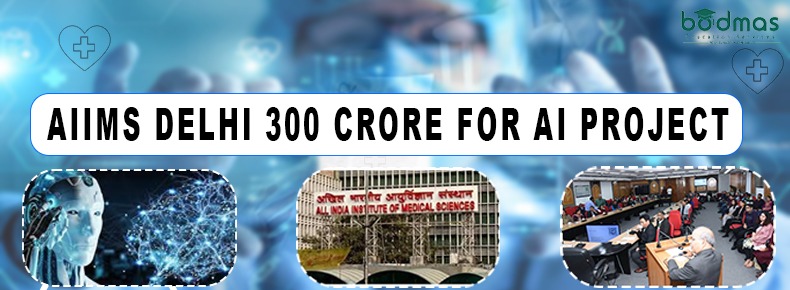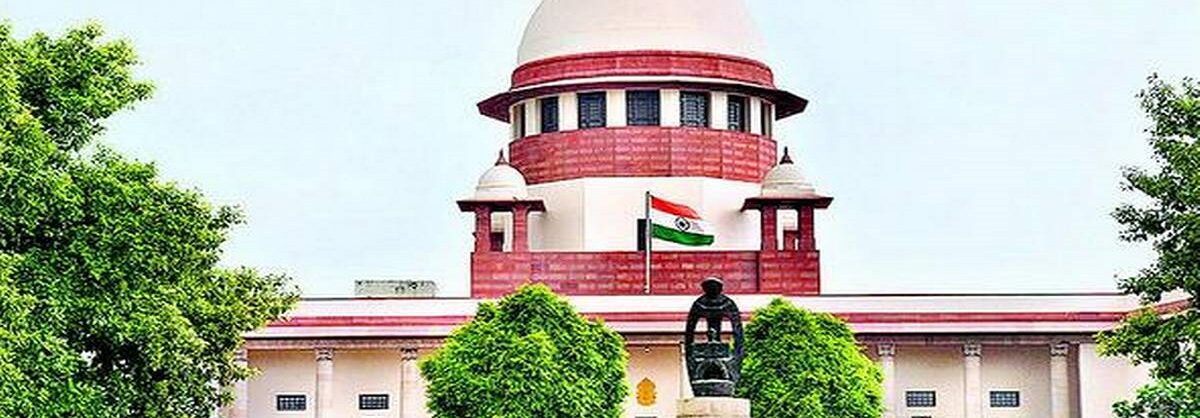
AIIMS Delhi has launched an ambitious ₹300 crore artificial intelligence (AI) project aimed at transforming the digital healthcare landscape in India. The initiative, announced by AIIMS experts, seeks to bridge the significant gaps in healthcare communication by utilizing AI to offer precise, personalized, and easily accessible information to diverse patient populations.
This development comes at a time when healthcare systems worldwide are struggling to meet the growing demands for accurate and reliable health information. AIIMS experts believe that AI has the potential to significantly improve the way healthcare information is shared, making it more inclusive, trustworthy, and patient-centric.
Addressing the Information Gap in Healthcare
Healthcare systems across the globe are facing a mounting challenge when it comes to addressing the information gap. A recent survey revealed that 42% of people feel they are not well-informed about healthcare issues, and a staggering 72% distrust the health information they find online. These statistics highlight the increasing vulnerability of the general public to misinformation, which can have serious consequences on health outcomes.
AIIMS experts argue that AI could play a vital role in bridging this gap by providing accurate, easily understandable, and reliable health information. Through AI-driven tools, patients from various demographics—rural and urban, young and old—can receive customized medical content tailored to their individual needs, empowering them to make informed decisions about their health.
Dr. Kavita Narayan, Senior Technical Advisor at the Ministry of Health and Family Welfare, emphasized that AI has the potential to make healthcare systems more efficient, equitable, and compassionate. She said, “A good healthcare system should not rely on individual efforts alone. AI can play a critical role in making healthcare more accurate and fair, but it must be integrated thoughtfully. Collaboration between policymakers, technologists, and healthcare providers is essential to ensure AI benefits all stakeholders.”
AIIMS’ ₹300 Crore Investment in Digital Infrastructure
Dr. M. Srinivas, Director of AIIMS, highlighted the institution’s commitment to transforming healthcare through AI by investing over ₹300 crore in cutting-edge digital infrastructure. He explained, “AI is revolutionizing everything from patient care to health communication. This investment will allow us to enhance efficiency, reduce delays, and facilitate world-class research, benefiting not just patients but doctors and researchers as well.”
AIIMS aims to integrate AI into various facets of healthcare, from simplifying medical content to improving patient engagement and streamlining administrative processes. Dr. Srinivas further emphasized that AI’s role in making healthcare information accessible and understandable will empower patients to take control of their health, leading to better overall outcomes.
Balancing AI with Human Compassion
Despite the immense potential of AI, experts urge caution against over-reliance on technology at the expense of human connection in healthcare. Dr. K.P. Kochhar, Professor and Head of the Physiology Department at AIIMS, cautioned that while AI can enhance the precision and efficiency of healthcare, it should not replace the human touch. “AI can improve outcomes, but we must ensure that compassion remains at the heart of healthcare. Both technology and empathy must work together to create systems that prioritize patient well-being,” he said.
As AI continues to evolve, experts at AIIMS have called for the responsible and ethical integration of AI into healthcare systems. The goal is not just to introduce new technologies but to do so in a way that benefits all stakeholders—patients, doctors, and researchers. The discussions concluded with a collective call for collaboration between policymakers, technologists, and healthcare providers to ensure that AI is used responsibly to improve healthcare outcomes and bridge gaps in health communication.
























